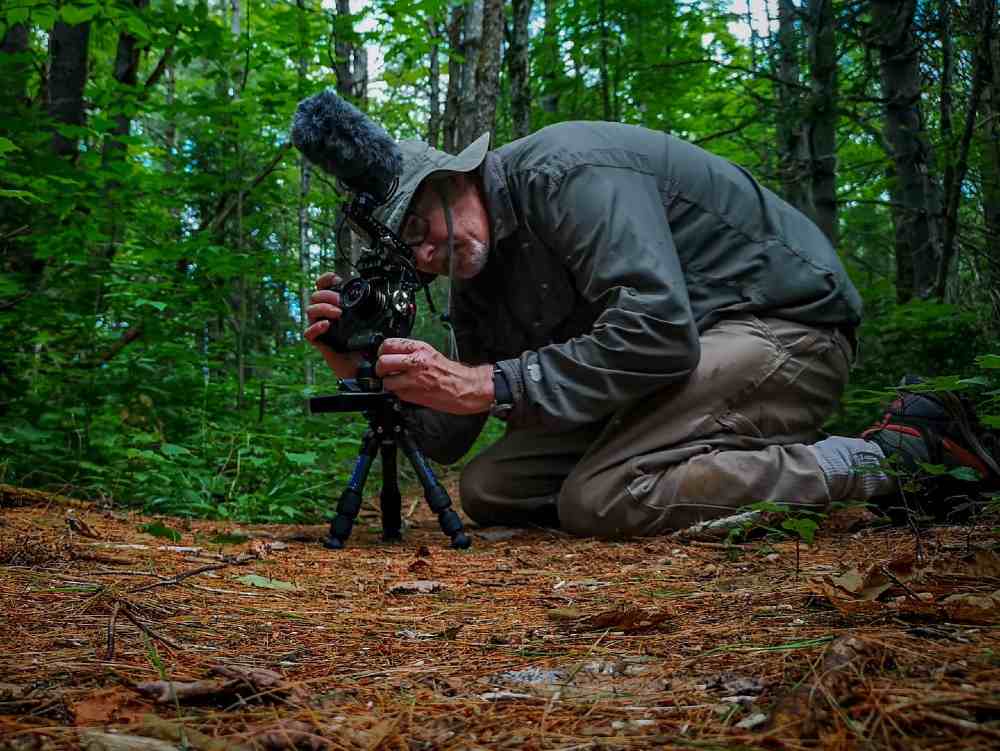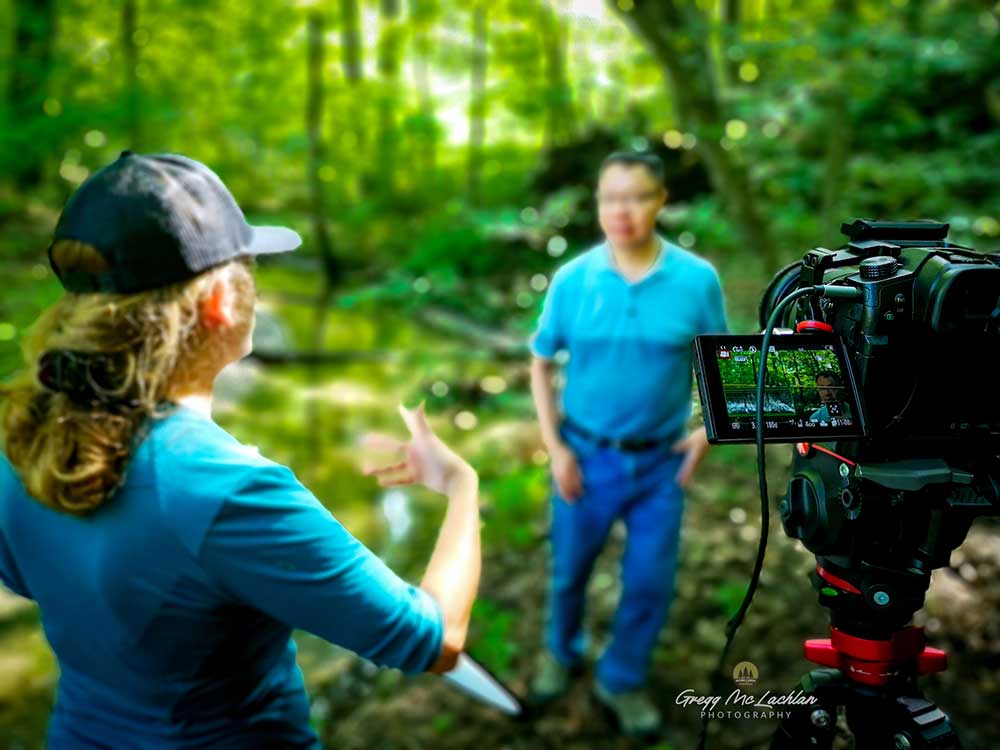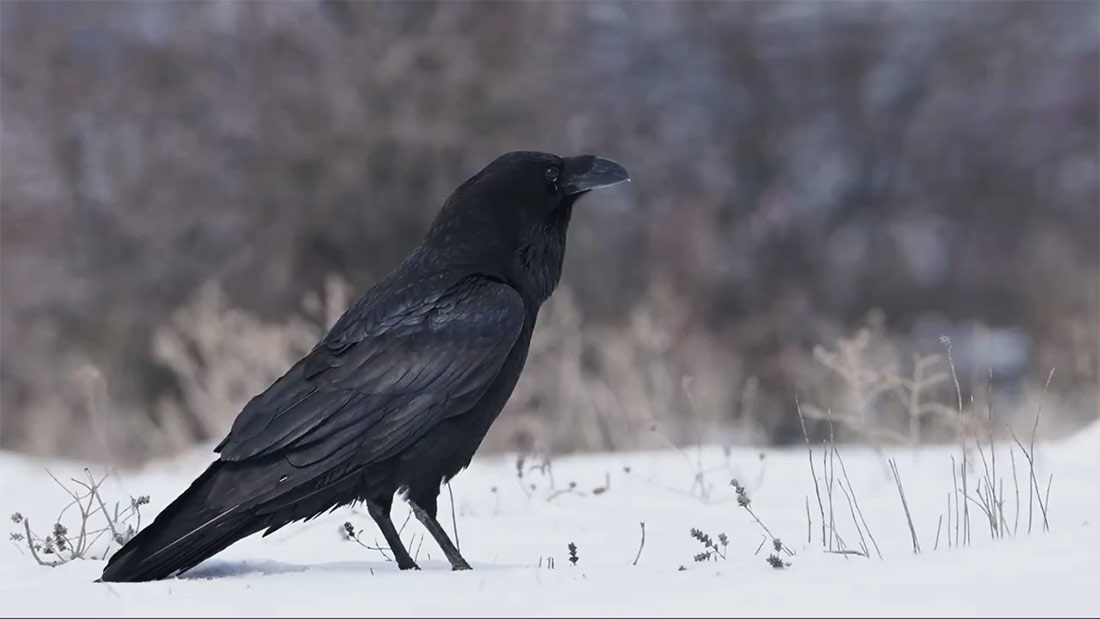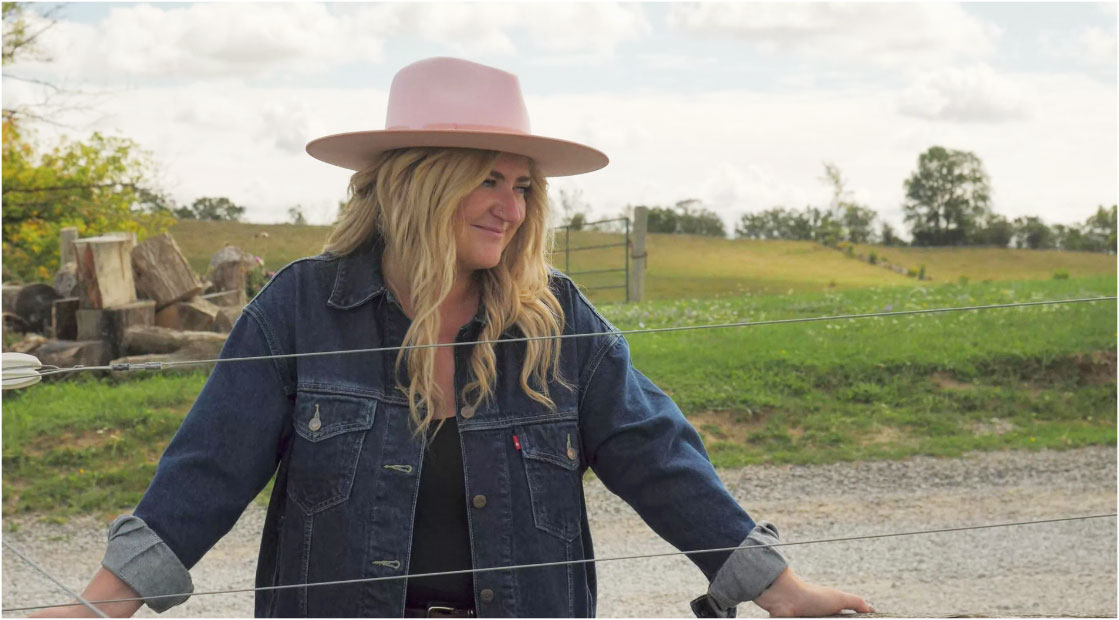

New video series for ALUS Canada
WorkCabin Creative has wrapped up a new video series for ALUS Canada featuring farmers from across southern Ontario.
In the summer of 2022 I travelled to four farms where projects were underway or already established to support cleaner air, cleaner water, carbon sequestration, erosion control, flood and drought mitigation, or pollinator and wildlife habitat.


Farmers told their stories about why they took these actions and how the projects are not only benefiting their farming practices and its bottomline, but are also helping to improve the community’s health and sustainability.
ALUS provides expertise, resources and direct financial support to communities where farmers and ranchers build nature-based solutions on their land to deliver ecosystem services to sustain agriculture, help build community resilience and fight climate change and biodiversity loss for the benefit of future generations.
ALUS network consists of more than 1,400 farmers and ranchers in 35 communities who deliver ecosystem services in their communities, such as cleaner air, cleaner water, carbon sequestration, erosion control, flood and drought mitigation, pollinator and wildlife habitat. On more than 37,000 acres, these farmers and ranchers restore wetlands, install riparian buffers, plant windbreaks and ecobuffers, manage sustainable drainage systems, create pollinator habitat and establish other ecologically beneficial projects.
- What’s It Really Like Being a Conservation Filmmaker? - April 15, 2024
- Filmmaking Explainer: What Is Post-Production? - April 6, 2024
- New Videos for The Nature Conservancy of Canada - April 2, 2024

